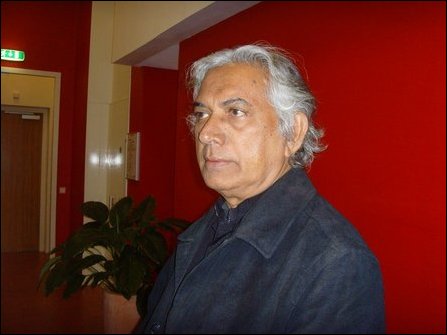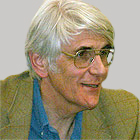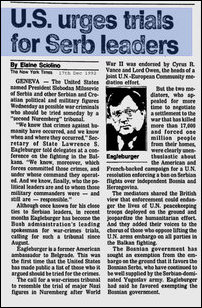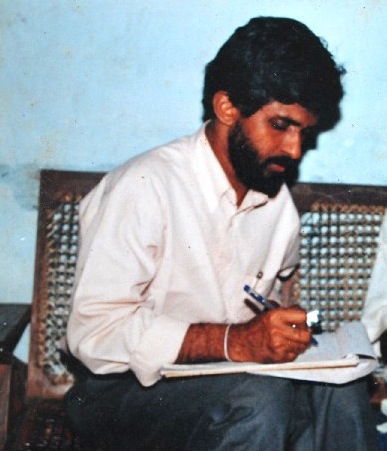The president of Sri Lanka has called off a visit to Britain after exiled Tamil groups announced that they would attempt to have him arrested over alleged war crimes.
The trip by Mahinda Rajapakse, which would have included an address to the Oxford Union, was aborted at short notice after Tamil activists said they would seek a warrant under the principle of universal jurisdiction which allows prosecution in this country for alleged human rights abuses committed abroad.
The Sri Lankan government maintained there had been a change of plan due to Mr Rajapakse's busy schedule and the Foreign Office in London said in a statement it "had no indication" that fears over being detained was the reason behind the cancellation.
The foreign ministry in Colombo insisted that the visit has been "postponed" to a later date. This, in effect, would avert the embarrassment of an attempted arrest, as the British government is in the process of amending the universal jurisdiction law which had led to a number of foreign governments expressing concern.
The Israeli government announced, on the eve of a visit by British foreign secretary William Hague, that it was breaking off "strategic dialogue" with London after Israeli deputy prime minister Dan Meridor became the latest senior figure from the country to scrap plans to come to England because of concerns of legal action.
In the most high-profile case of universal jurisdiction, the former Chilean dictator, Augusto Pinochet, was arrested by Scotland Yard during a visit to the UK in 1998 over tortures and murder committed by his military junta when he was in power.
After a lengthy series of court cases, during which Baroness Thatcher and a number of former Tory ministers campaigned on behalf of Mr Pinochet, he was eventually freed by then Home Secretary, Jack Straw, on health grounds. Under the current law it is relatively easy for individuals and pressure groups to obtain an arrest warrant from a magistrates' court for war crimes suspects.
Under the changes being proposed by the government the Director of Public Prosecutions would become involved in the procedure to avoid "frivolous cases" being brought.
Universal jurisdiction, as it stands, precludes heads of state and current holders of office, from being charged. However this immunity is only active if the person allegedly responsible for these offences, is in this country on an official capacity and not on a private trip like the one that President Rajapakse was due to make. Mr Meridor's visit was cancelled for the same reason, but there is apprehension among some abroad that one may be vulnerable even during official visits because the law is not sufficiently clear.
Ariel Sharon, as Israeli premier, is said to have refused an invitation from Tony Blair in 2005 to visit the UK after an Israeli general, Doran Almog, stayed on board an El-Al plane at Heathrow rather than face arrest on an warrant obtained by Palestinian campaigners.
Mr Sharon is reported to have said: "The trouble is that I, like Major General Almog, also served [in the Israeli military] for many years. I, too, am a general. I have heard that the prisons in Britain are very tough. I wouldn't like to find myself in one."
The Sri Lankan government has expressed irritation at continuing criticism of the conduct of its forces during the final stages of the civil war when, according to the United Nations, more than 10,000 civilians were killed.
David Cameron has said that the Colombo government should allow an independent investigation into the deaths and this was repeated by Mr Hague to his Sri Lankan counterpart, GL Peiris, during a recent meeting in London.
Mr Rajapaksa, who was re-elected in the aftermath of the Tigers' defeat and whose party recently succeeded in passing legislation to lift terms limits that would have stopped him serving again, has always rejected calls for an independent inquiry.
He instead established his own inquiry, a move that was condemned by some activists and criticised by the United Nations Human Rights Commissioner, Navi Pillay.
Last night, Suren Surendiran, who is a London-based member of the Global Tamil Forum, said: "Until we get justice to our people living and perished under inhumane circumstances we shall not rest. Rajapaksa, his brothers and his cronies must go to bed every day worrying about their future whilst in power and beyond. There is a Tamil saying – 'King punishes immediately, God punishes eventually'."


 by Dr. Vickramabahu Karunarathne
by Dr. Vickramabahu Karunarathne





 One country, two nations
One country, two nations
















 Many Tamils say their relatives are also missing
Many Tamils say their relatives are also missing


 UK
UK
